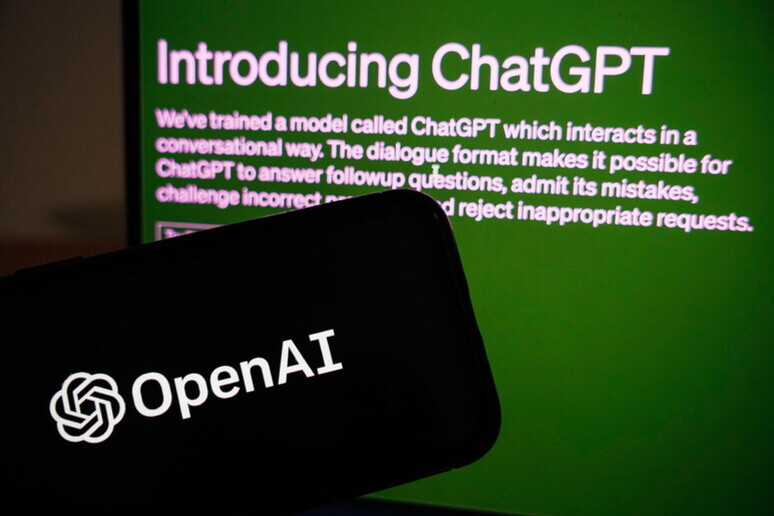Artificial Intelligence (AI) will
have an important role in transforming the work of media organs,
from the editorial side to the commercial one, but the
productivity gains will not be immediate, and the adoption of AI
in the news industry will not be frictionless, according to a
report published in the Columbia Journalism Review analysing how
AI will reshape the news industry and the public arena.
The study is the fruit of 134 interviews with news workers at 35
news organizations in the United States, the United Kingdom, and
Germany — including The Guardian, Bayerischer Rundfunk, the
Washington Post, The Sun, and the Financial Times — and 36
international experts from the worlds of industry, academia,
technology, and policy.
According to the study, the advent of AI represents an
additional rationalization of journalistic work that will depend
on the specific context and task at hand and will be influenced
by institutional incentives and decisions.
Winners and losers will emerge from this reorganization. Indeed,
they already have. Media organizations capable of investing in
R&D, devoting staff time, attracting talent, and building
infrastructure are at an advantage.
The researchers warn that the productivity gains from AI in the
news industry will be staggered, not immediate. In the initial
phases it will entail costs and require organizational and
strategic changes.
A number of variables will determine the speed at which news
organizations adopt AI: regulation, resistance from news
workers, audience preferences, and the incompatibility of
technological infrastructure are just some.
The concentration of control over AI by a small group of major
technology companies will remain a key area because control over
infrastructure confers power, the researchers say.
Developing frameworks to balance innovation with concerns
regarding issues such as copyright will remain a difficult and
imperfect task, but necessary one, they conclude.
ALL RIGHTS RESERVED © Copyright ANSA











